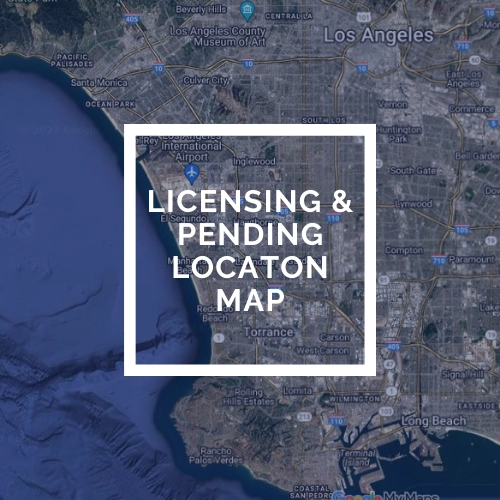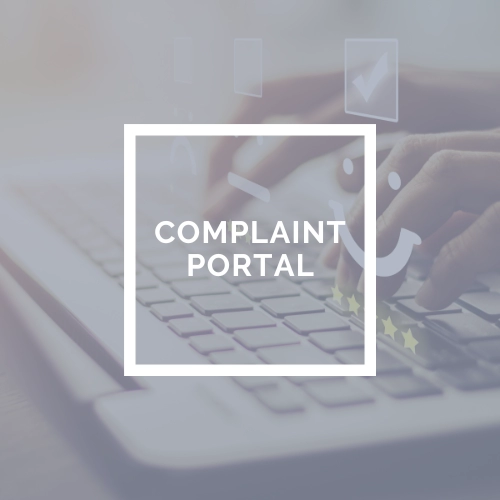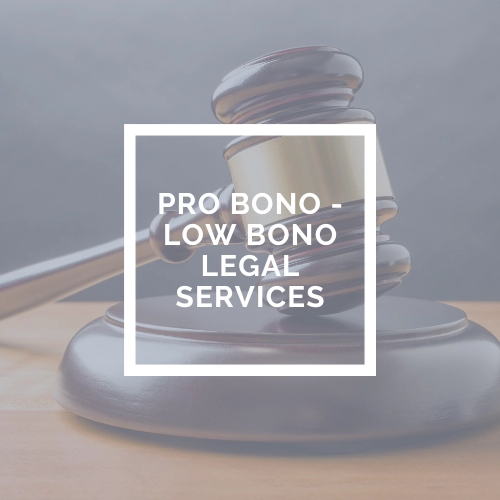
Greetings!
This month, the cannabis community celebrates the 4/20 holiday - the biggest celebration of perseverance, entrepreneurship, and simple joy in cannabis culture. For cannabis businesses, it is one of the busiest times for product sales, often topping any other day of the year. As such, I urge consumers preparing to celebrate the holiday to shop local and legal at one of our licensed cannabis retailers.
Just in time for 4/20, I am happy to share that the first 16 Annual License applications for retail storefront businesses were approved by the Cannabis Regulation Commission on April 4, 2024. DCR wishes these businesses success in the coming future. I would also like to thank the Cannabis Regulation Commission for their time and dedication.
This month, the DCR’s Social Equity Program (SEP) is marking the 4/20 festivities with a week-long campaign called Social Equity Week between April 15 and April 20. The campaign kicked off with an in-person inaugural Equity Week Training Summit event last week for Social Equity applicants and licensees and continues with a social media campaign this week.
Happy 4/20!
Michelle Garakian
Executive Director
Department of Cannabis Regulation
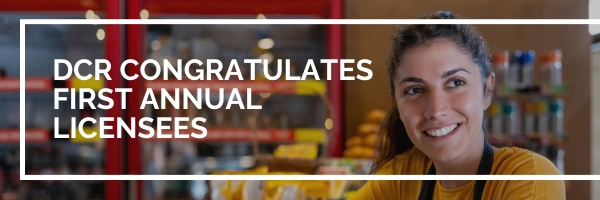
On Thursday, April 4, 2024, the first 16 retailers received approval for Annual Licenses from the City of Los Angeles Cannabis Regulation Commission (CRC).
In early 2023, DCR began communicating and working with businesses operating with a Temporary Approval to transition them to an Annual License. In early 2024, DCR initiated the Annual Licensing Process.
Community meetings are a requirement prior to scheduling the Application in front of the Cannabis Regulation Commission, who is ultimately responsible for the approval or denial of an Annual License. On March 14, 2024, DCR hosted its first virtual community meeting that is part of the process to review retail storefront cannabis business license applications.
DCR continues to prioritize review of all applications based on following criteria: (1) upcoming State license expiration dates; (2) non-retail Social Equity businesses who do not have a State provisional license; (3) Social Equity retail businesses; and, (4) all other businesses.
To find out more about the Annual Licensing process, please visit our website. DCR will be releasing a guide with next steps this month for all recent recipients of an Annual License, stay tuned.
DCR wishes these first 16 small business owners much prosperity now and in the future. Here’s a listing of the cannabis retail stores approved for Annual Licensure.
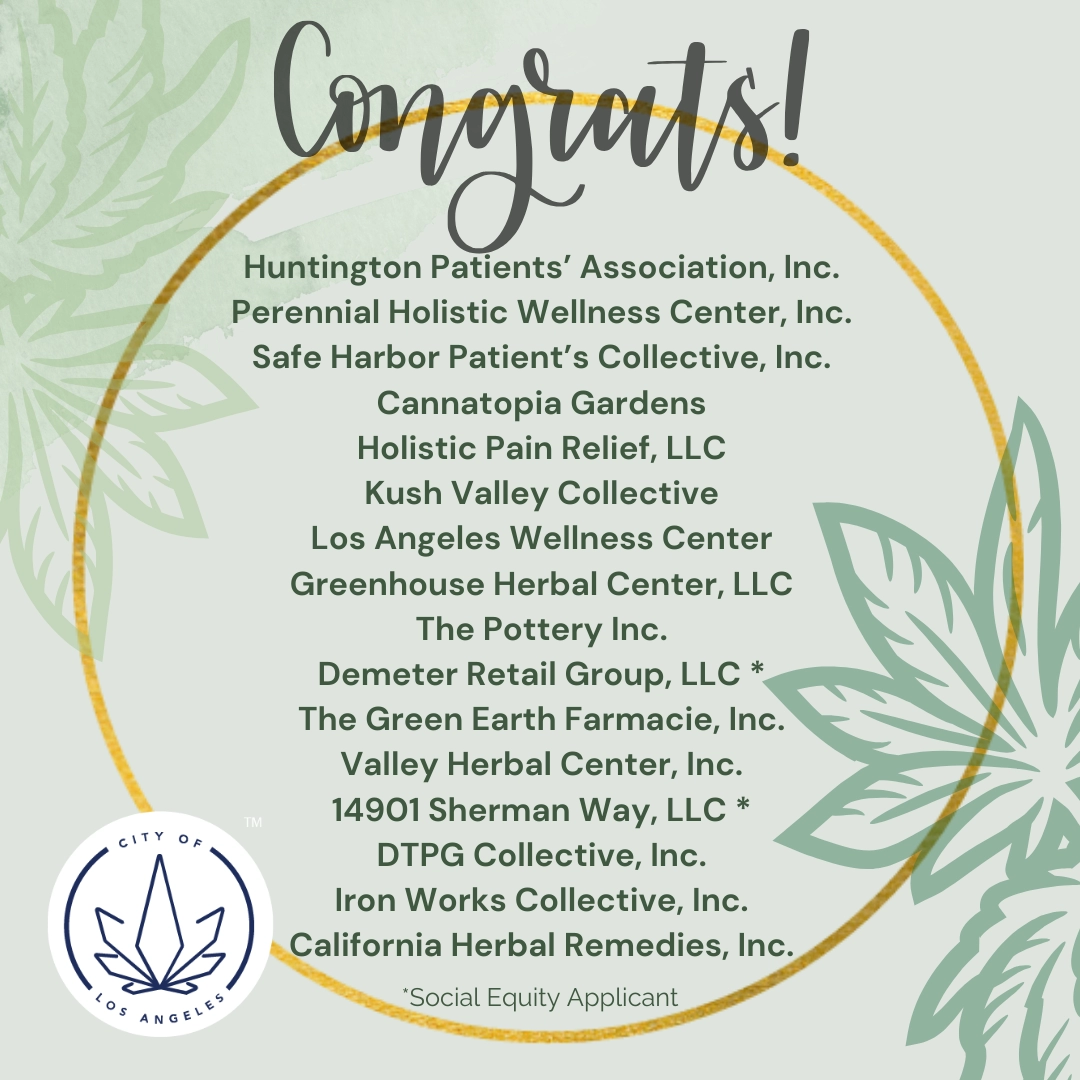
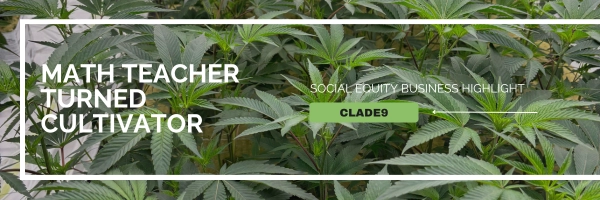
Math Teacher Turned Cultivator
David Holmes loved the challenge of studying differential equations and linear algebra and often filled multiple sheets of paper solving equations. He soon earned a Master’s degree and became a math teacher at community college. But, while earning that degree, Holmes found himself starting to “cheat” on math with cannabis.
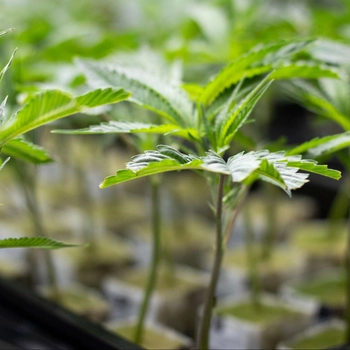
“I love cannabis...the cultivation process is so difficult but everyday you learn something new,” said Holmes, founder and CEO of the Los Angeles-based cannabis cultivation business Clade9. "It’s so humbling because you think you know it really well. And then you ask why is this going wrong? I think the problem solving part of me really likes that.”
One of Holmes earliest memories of cannabis was selling it to friends in middle school. After being caught, he laid off cannabis for a long time until a friend in college re-introduced him to cannabis, showing him the intricacies of cultivation, and adds that cannabis had been a family pastime.
“My brother was a grower and I had an uncle that was a grower,” Holmes said. “So I was around it for all of my life. But, I think, what’s part of it [the interest], is the outlaw side of it. It’s kind of fun to do bad things. But not anymore. It’s alluring when you are younger, but now it’s a legal business.”
Today, Clade9 employs about 30 people, 22 at the Southeast Los Angeles cultivation site, and a few others who work in the field for marketing and sales.
- Click here to read the rest of Holmes’ cannabis journey.
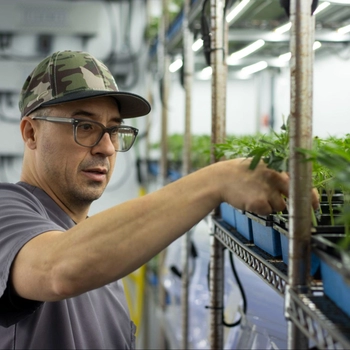
Holmes has been in the cannabis business now for about 20 years. He has consulted on cultivation projects in Arizona and in Nevada. In 2013, he paid a heavy price for working in California during the state’s legally gray cultivation market. One day, driving to his work site in the Los Angeles area, he was pulled over by police. He had a cannabis clone on him, something he doesn’t usually carry with him. It was a day of bad luck, he thought. And then it got worse.
He didn’t know it at the time, but as he was pulled over, his warehouse was being raided by law enforcement. At home, his kids were taken into custody and his wife was arrested.
“It was pretty tough,” he said. “It was definitely traumatic. My daughter was 3, my son was 5 when it happened. My daughter doesn’t remember but my son still does. He’s 16 now, so ten years later, he remembers. We were pretty open about what happened when they were old enough to understand. ‘Hey, you know that time you went away for a week and a half? Well it was actually because we got into trouble.’ We laid it out for them and they were blown away.”
The family was reunited and they are in a good place now. Holmes seems to be happy continuing to work in the industry.
“I just like being with plants,” he said with a laugh. “It’s like being with pets, there’s no ego, they don’t talk back.”
Though Holmes admits running a business is stressful while still trying to turn a profit. That day will come - he hopes soon, if and when legislators reconfigure taxes on cannabis business. His focus right now is on making the best products possible.
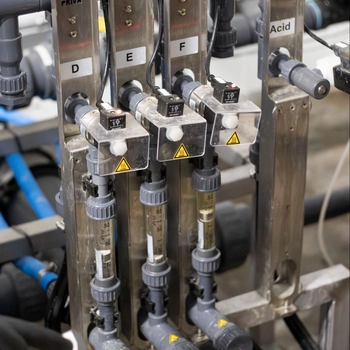
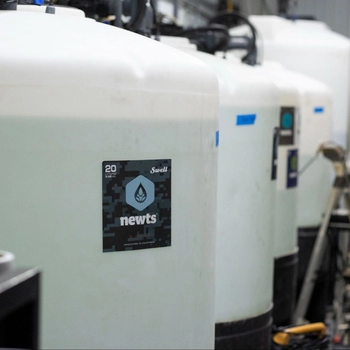
“When you think about it, it’s not like manufacturing,” Holmes said. “If you are making bolts, it’s really quick, you can make it in a day. With this [cultivation] you have to grow it for 90 to 100 days. Everything has to be good for that whole 3-4 month period. Any mistakes can really kill you. So learning that whole process really well takes a lot of time. It’s very challenging.”
Holmes explains the automated water and fertilization system to guests touring his site pointing to the tanks that refill multiple times based on demand. It’s a science and an art.
“It’s like any recipe, you toy with it,” he said. “Each formula is a little different depending on the age of the plant. The younger ones don’t get as much of a feed and then the bigger ones get more feed. It’s like teenagers; they get the most. They eat all day and don’t stop. So this is like the brains of the operation.”
Everything at Clade9 is controlled for disease and contamination, too. Guests who enter the facility must wear scrubs over their clothes and shoe covers, and when one leaves one room for another, each person must wipe the soles of their shoe covers on a mat with disinfectant.
Holmes says his cultivation manager Brandan Nakamoto has a constant eye on the dashboard feeding him data on the lighting, room temperature, humidity, etc., in each room.
“He’s pretty much looking at data all day,” Holmes said. “He [Brandan] lets me sleep at night.”
While Holmes is on site at least three days a week at Clade9, he said he is traveling more now to projects in Las Vegas and New Jersey. He relies on his staff for key elements.
His post harvest manager Dewey Oh helps him with the usual job of tending to harvests but is also instrumental in selecting strains to grow.
As for the future, Holmes said one day, he wouldn’t mind getting back to the classroom to teach.
“I do miss it,” he said. “I have a lot of good memories. It was a lot of fun and less responsibility than running the business.”
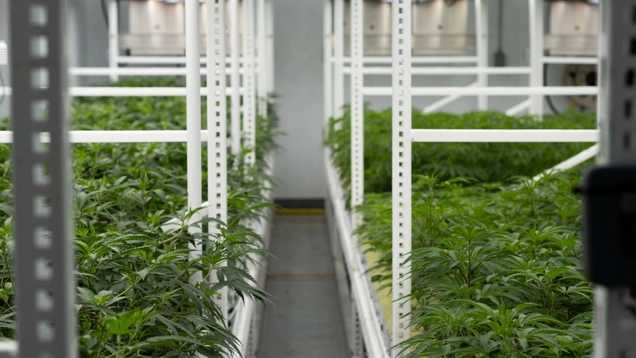
“I always thought one day when I retire maybe Glendale College, or LACC, or CalPoly Pomona will have a class on cultivation. It would be really fun to go back to college. I can tell my own kids, ‘you remember I told you I used to teach math, well, I teach weed now.’ ”
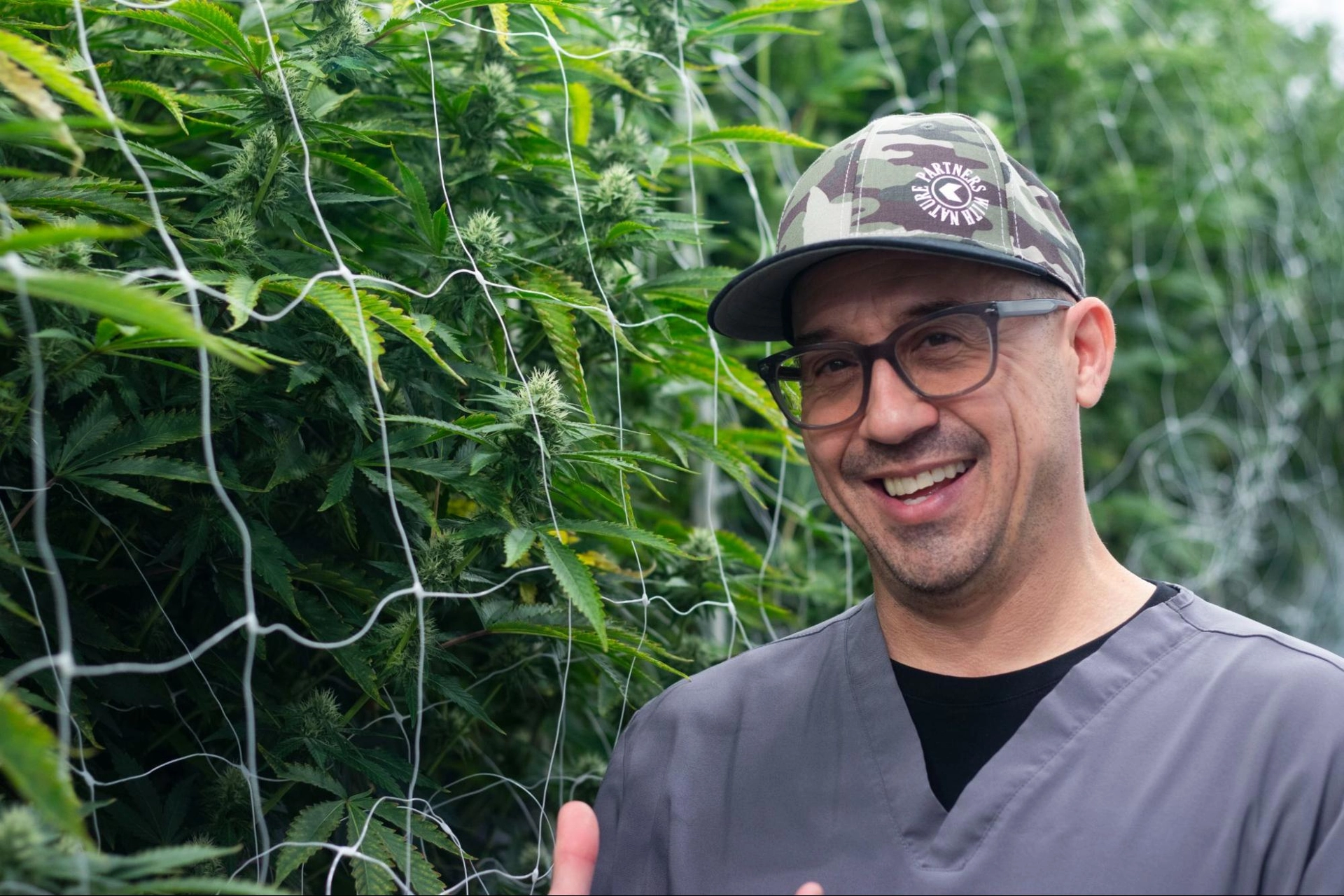

DCR’s Social Equity Program kicked off its inaugural Social Equity Week designated as April 15 to April 20, 2024. The purpose of Social Equity Week is to highlight the contributions of social equity-owned businesses operating in the City of Los Angeles via DCR’s communication channels on social media and other publications.
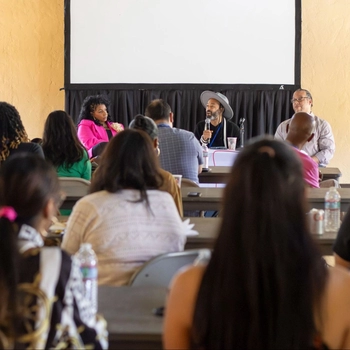
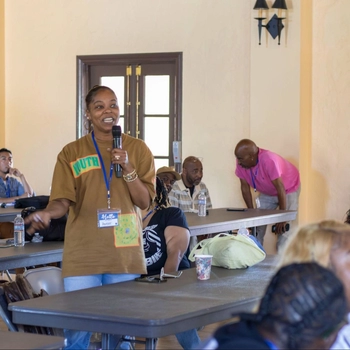
On April 11, the Social Equity Program hosted a kick-off event called Equity Week Training Summit in South Los Angeles. More than 50 guests attended the event at the Ahmanson Senior Center that featured cannabis attorney Zachary Knox, guest speaker attorney Toni Forge, and social equity entrepreneur Alfred Torregano. A question and answer session was held followed by a networking hour.
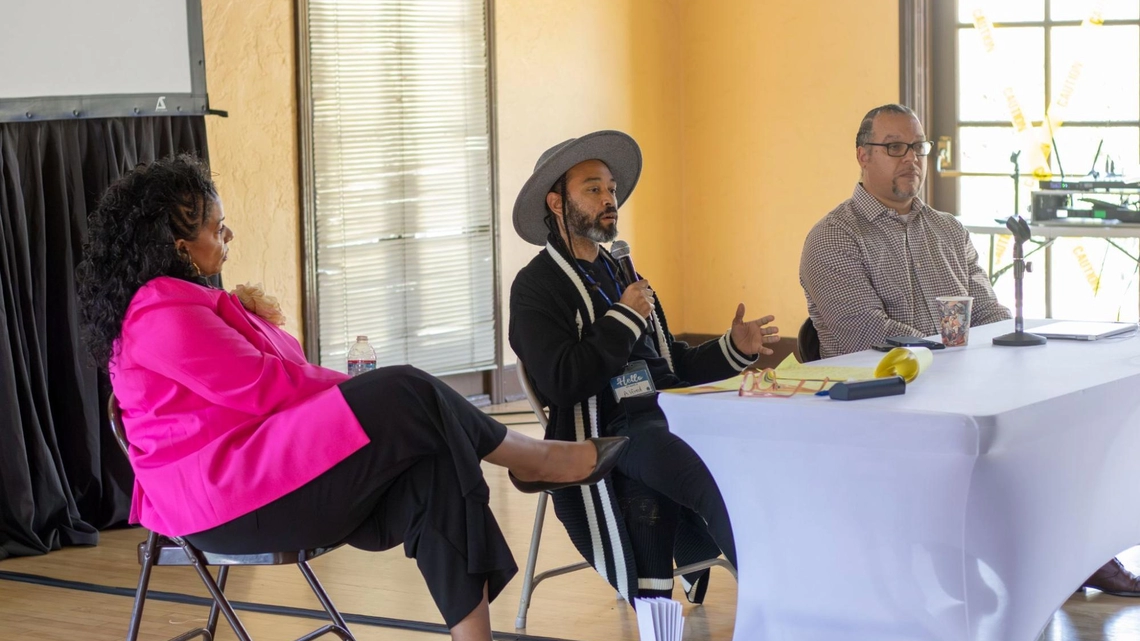
Take a sneak peek at Equity Week interviews with Orlando Padilla, founder and CEO of The Chronic, a retail storefront in Northeast Los Angeles, and Ishman Baber, social equity owner of Gloat Global South Los Angeles.
Finally, DCR and the Social Equity Program acknowledge businesses across the City of Los Angeles. This web page recognizes the endeavors, determination, and well–deserved successes of all equity entrepreneurs in the cannabis space while continuing to navigate through the evolving industry. Continue to support equity retail businesses and equity brands, and access the map of SEIA Licensed Retailers below to locate additional businesses to support in your area!
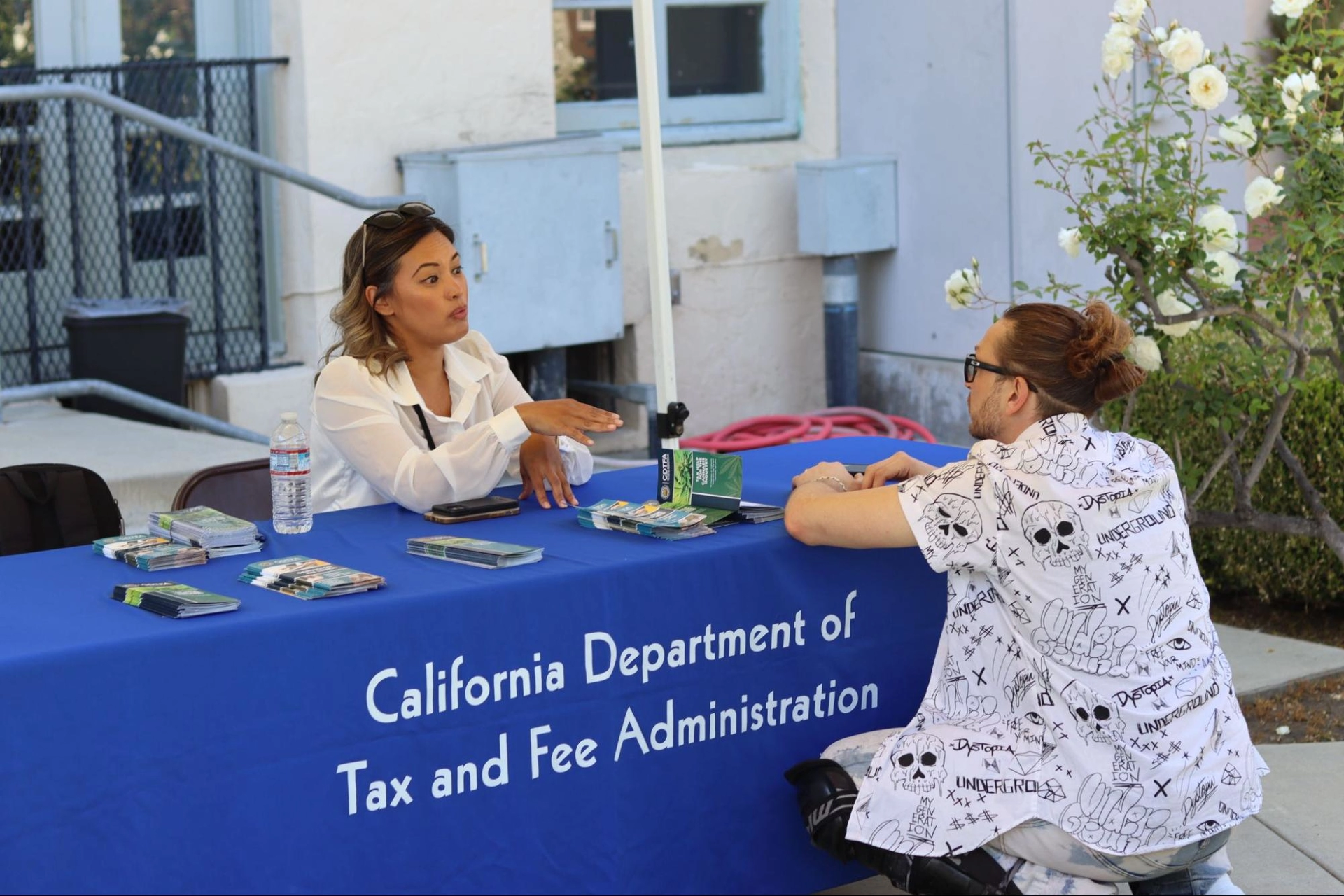
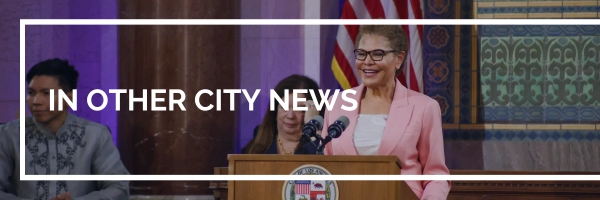
On April 15, 2024, Los Angeles Mayor Karen Bass delivered the 2024 State of the City address. Mayor Bass highlighted how her new approaches to tackling important city business has impacted how the city addresses homelessness and public safety, and how the city operates.
One of Mayor Bass’s initiatives highlighted during the speech was Executive Directive 4 that focuses on supporting the success of businesses in the City. This includes the establishment of the Restaurant and Small Business Express Program (RSBEP), an interdepartmental partnership that assigns case managers to small businesses navigating various departments’ permit processes. DCR has encouraged local and legal cannabis businesses to sign up for the program to assist them when seeking the necessary city permits in its communications to them. More information on the RSBEP can be found here.
DCR supports and lauds the Mayor’s effort to streamline and accelerate processes to housing production in Executive Directive 7 ensuring that more permanent housing is available so that no Angeleno has to endure the hardships of living on the streets.
Watch Mayor Bass’s speech here and see the photos here.
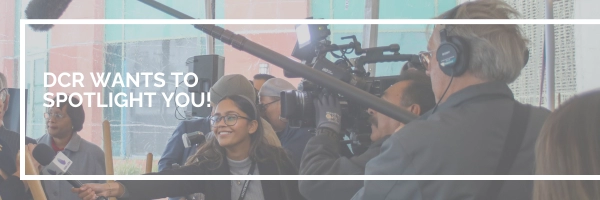
DCR Wants to Spotlight You
DCR wants to let the public know about the grand opening of your retail store. Tell DCR about it and it’ll be shared it in our upcoming publications. Email us at cannabisnews@lacity.org
Don’t forget to follow us on social media:



